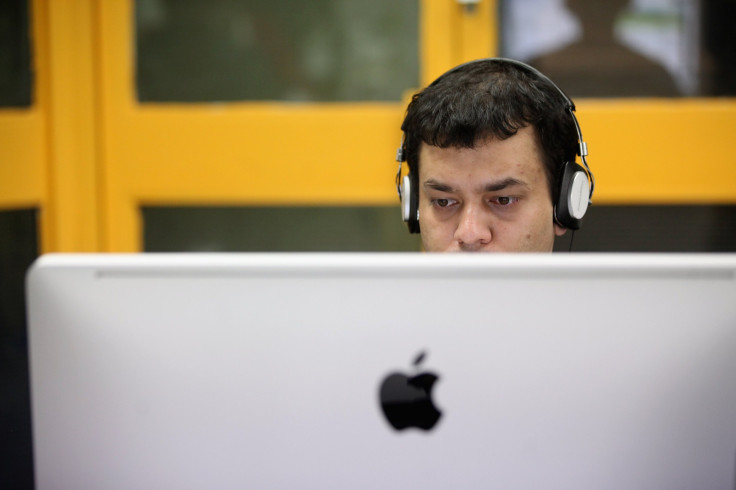What Is My IP Address? Definition, Location, Using A VPN And More

If you access the Internet, you have an IP address. The 32-bit string of numbers is similar to a phone number or your name because it provides an identity for any device accessing the web. Websites track IP addresses, which means someone knows where you've been even if youre in incognito mode. Here's everything you need to know about IP and how you can change your address with a Virtual Private Network (VPN).
You IP Address In A Nutshell
The Internet Protocol address is a unique 32-bit numeric string broken up into four sets of numbers. Searching for your IP will reveal "X.X.X.X." as your public addresss. Your Internet Service Provider -- be it Time Warner Cable, Comcast or Verizon -- assigns each IP based on an available pool of addresses as determined by the Internet Assigned Numbers Authority. An IP address is used to help organize and track where a request (your computer) is coming from through the different servers and routers leading up to your destination.
The majority of Internet users have an Internet Protocol Version 4 (IPv4) address. The newer Internet Protocol version 6 (IPv6) is 128-bit address featuring hexadecimal and number sets separated by colons would replace IPv4 after all of its 4 billion available addresses are used. Webopedia uses "3ffe:1900:4545:3:200:f8ff:fe21:67cf" as an example of an IPv6 address.
There's also a dynamic IP address, which gets assigned randomly, or static IP that are assigned to companies or sites like Google. Connecting your laptop to your home network or a coffee shop will result in a different IP even though you're using the same device.
Why Do You Need To Know Your IP?
Most Internet users will live blissfully ignorant of their IP address. Because an IP is tied to the real world, there are some possible consequences associated with the address. Users don't choose their IP, a Dynamic Host Configuration Protocol (DHCP) for devices using a network. If you're sharing WiFi with roommates, the router will automatically assign an IP to all devices, which can prove problematic. If one roommate downloads something illegally -- and happens to get caught -- the ISP will send an email warning to the person whose name is on the bill. An IP provides the general location of an individual device, but only the ISP knows the actual address of the user. For a website, that means it knows how many times an IP visited.
Changing Your IP Address
Using a computer in New York with an IP address from the U.K. is easier to do than ever before thanks to VPNs. Through a secure connection established between the program and the device, an IP is assigned by the VPN's server. CyberGhost has a free VPN version with servers located in several countries. A VPN does not necessarily change your IP, but hides it so it appears as though you're using a device from a different location. VPNs can also encrypt data.
© Copyright IBTimes 2024. All rights reserved.












